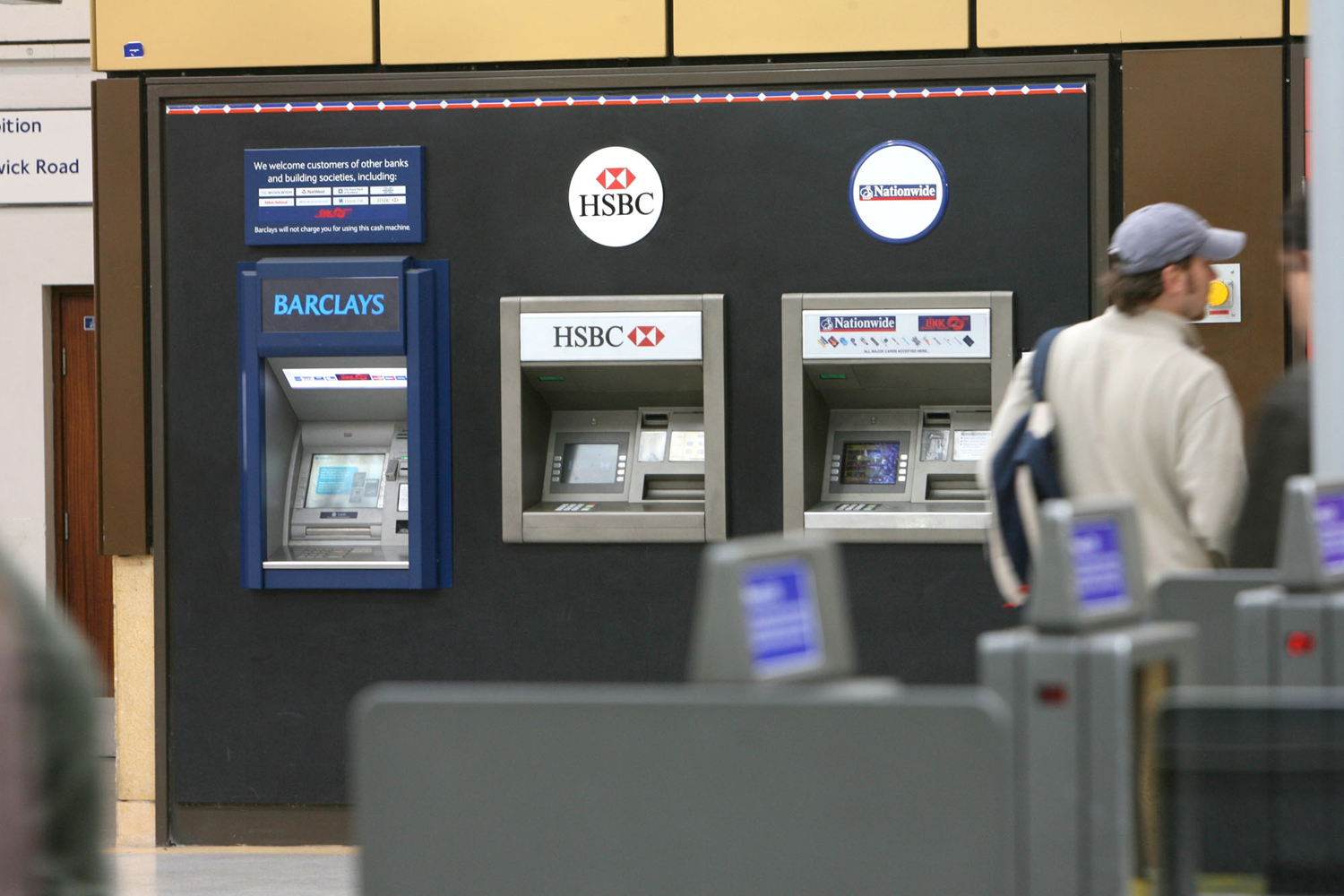News
Banks should share branches to halt high street closures, MPs say

Banks should share branch facilities to stop communities being left with no access to banking services, a group of cross-party MPs has suggested.
The Treasury Select Committee has called on banks to preserve branch networks or face-to-face banking solutions, saying they are “a vital component of the financial services sector”.
It said older customers and lower income households are more likely to be impacted by bank branch closures.
If providers are unwilling to innovate to halt bank branch closures, the MPs said the government or Financial Conduct Authority (FCA), the financial regulator, should intervene to force banks to provide a physical network for consumers.
Banks have been closing branches at an “alarming” rate, consumer group Which? has found.
It said around 60 bank branches shut each month and 19% of the population now have to travel more than 3km to their nearest branch, while one in 10 have to travel more than 5km.
The banking industry has justified branch closures by pointing to the increased use of online and mobile banking.
However, a report by the Committee noted: “There are still large sections of society who rely on bank branches to carry out their banking needs.”
It added: “The increasing number of IT failures within banks, and the inability of financial services providers to serve their customers digitally during such service failures, provides a strong rationale for why banks cannot rely on their online and mobile channels replacing their physical presence through branches entirely.”
What else has the Committee suggested?
In addition to banks sharing branch facilities with other banks, shops and community buildings, the MPs suggested staff of different banks could be pooled in one premises.
It also recommended a greater expansion of ‘mobile bank branches’, which are made available for a number of days each week or month to cater for those who need access to a physical branch.
It said efforts to maintain a bank branch presence on the high street should begin before the last branch in town announces its departure.
“By the time the last branch in a community is announcing its closure, the process to retain a physical presence in a community may often be too late,” the report said.
What about the Post Office?
While the MPs acknowledged the role the Post Office plays in providing basic banking services to customers, especially in more rural communities, they said Post Office staff are not banking specialists and services are limited. For example, consumers can’t set up basic banking transactions, such as direct debits.
The report said the Post Office “should not be seen as a replacement for a branch network, but a complementary proposition”.